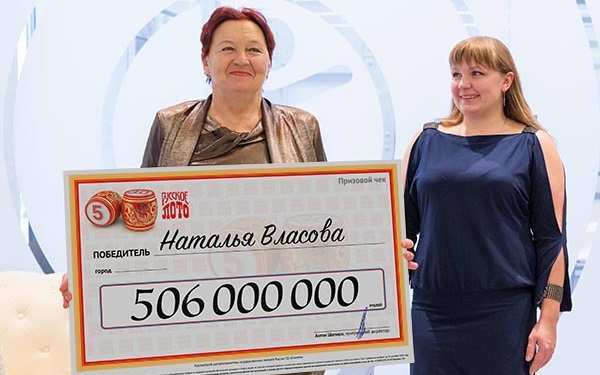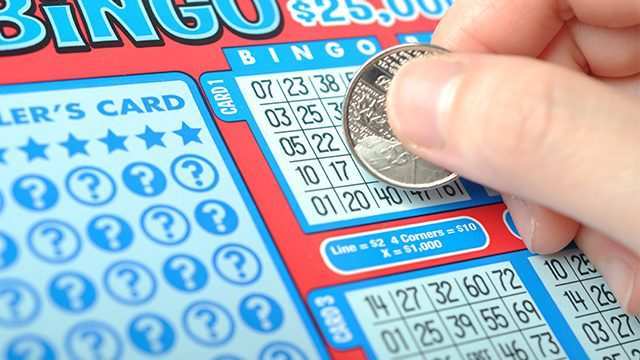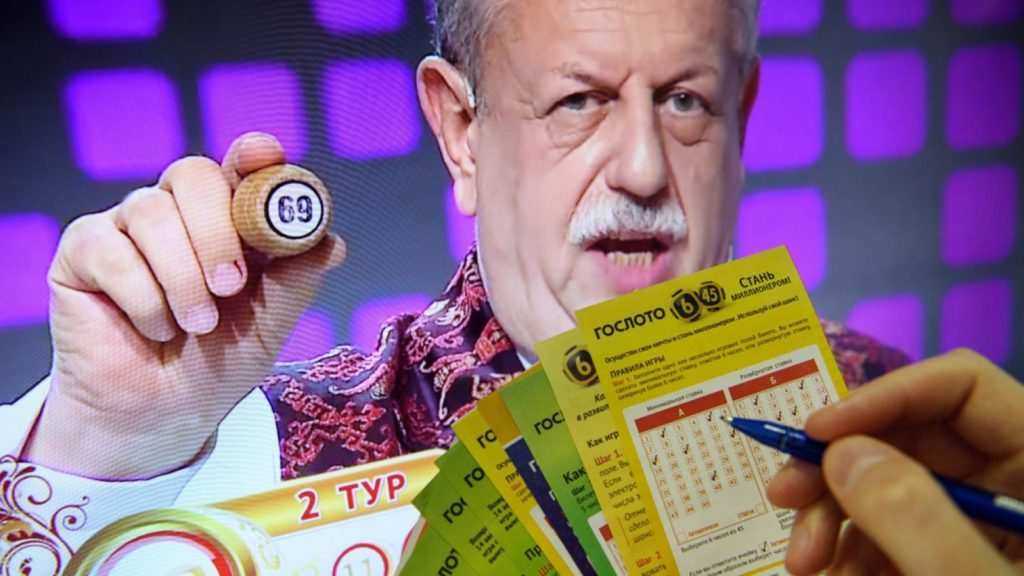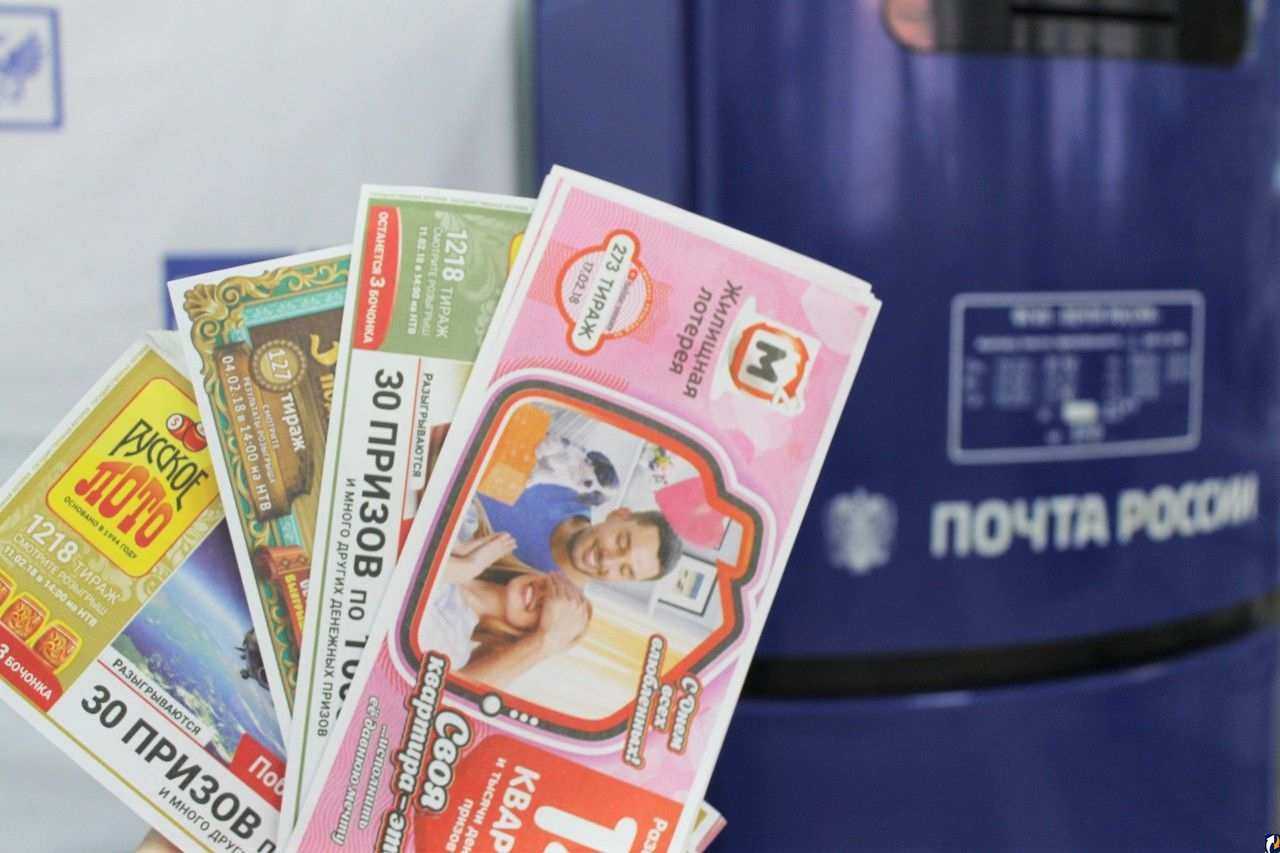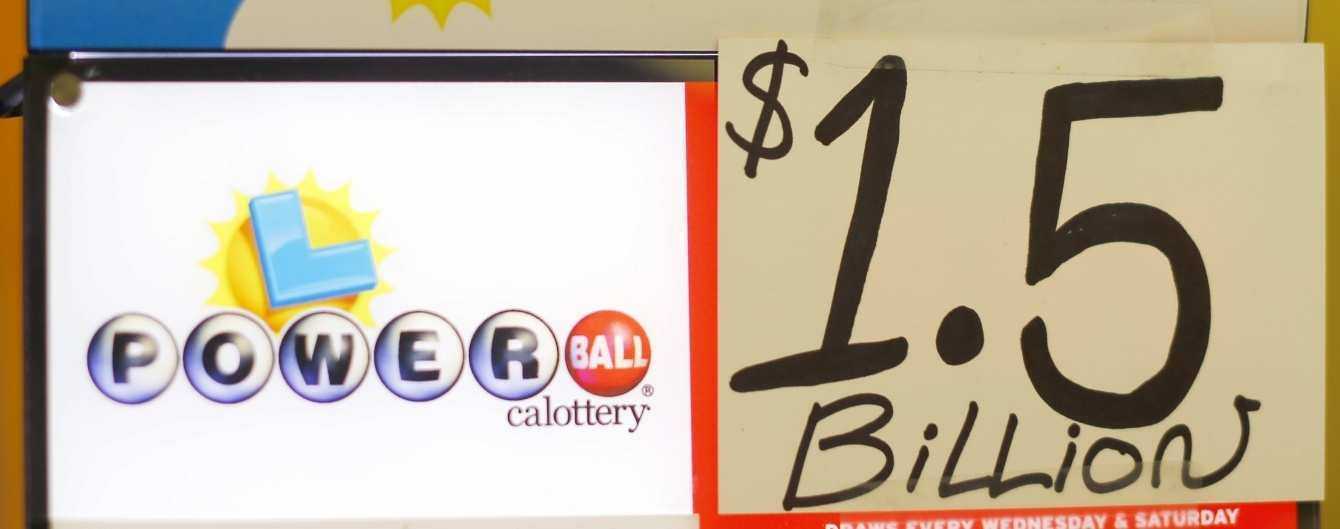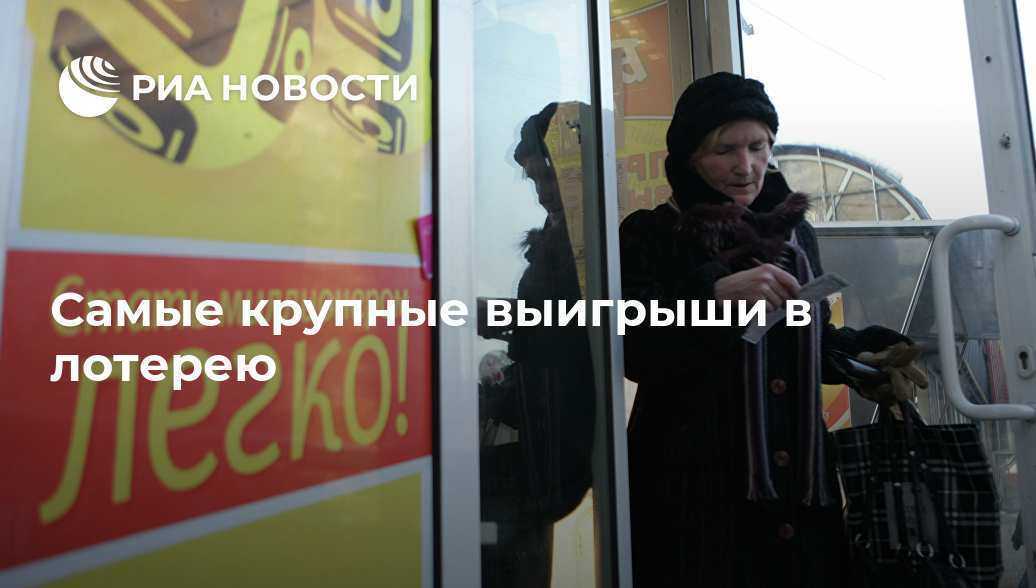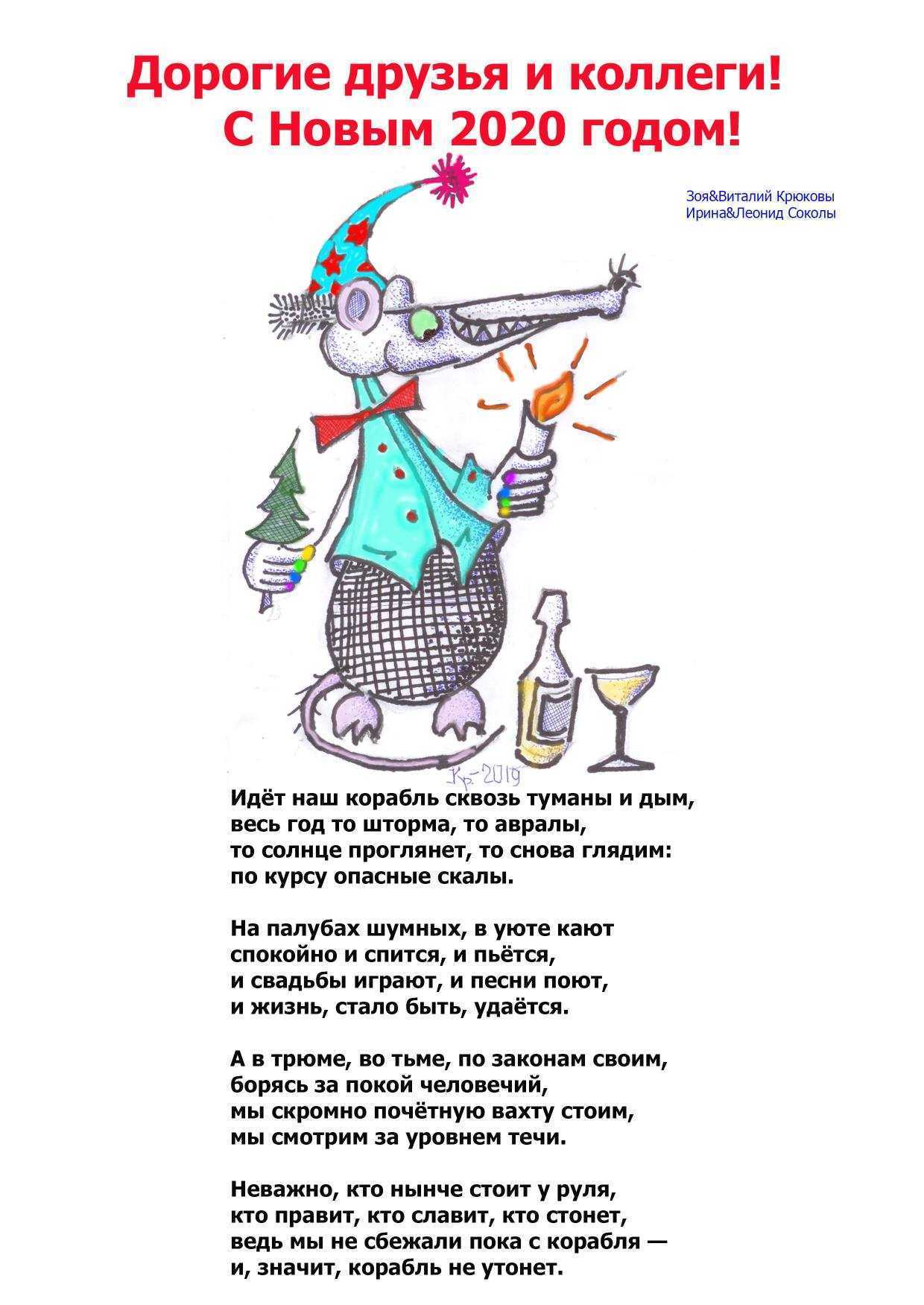Why are we afraid of random money
Alexandra Arkhipova, social anthropologist, Associate Professor at the Center for Typology and Semiotics of Folklore, Russian State University for the Humanities, Senior Researcher STEP RANEPA:
Alexandra Arkhipova. Photo: RFE/RL
- Our relationship with money is more complicated, what they used to think. We operate not only with the concept of "commodity-money-commodity", proposed by Marx, but also the rules of "moral economy" - that is, a set of ideas about how, how you should or shouldn't handle money. "Moral economics" in each culture has its own, special.
In Russia, ideas about money are largely associated with peasant communities. Our country was largely peasant, culture was changing, but some of her features have been preserved. This was superimposed on the Soviet ideology with its specific attitude to finance.. "It's a sin to think about money", "Big money - big problems" and so on.
In Soviet and post-Soviet society, survivors of total deficit, the principle of "Foster's pie" works. Anthropologist George Foster lived in Mexican villages in the 60s of the twentieth century and wondered: why are the inhabitants so poor, and any quick enrichment causes them a sharp rejection? So he put forward the theory of "limited good": money in resource-poor communities, wealth, any benefits can only be redistributed, they are not thought of as coming from outside. Imagine the pie, apple charlotte, which is equally divided. If one of the guests got an extra piece, then the other remains hungry.
Therefore, after winning the lottery, people sometimes face rejection of others.. Unexpectedly received a lot of money - it means, took someone else's share. There is also a view, that sudden enrichment is a health disaster, that you will have to pay for such luck. Hence the desire to part with the winnings as soon as possible - to spend it.
IN 2016-2017 years we have been recording interviews and conducting polls in some Russian cities. Asked residents: "Will you lift the bill, accidentally found on the street?»About half of the respondents firmly refused and motivated this by, that then something bad will happen to them. Because this money was not sent to them, and someone else, pier, you can't take someone else's.
But what to do, if we accidentally hit a piece of someone else's pie? Share this. This also manifests itself in our ideas about money.. If a young man receives his first salary, it is customary at work to "put down", set a table for colleagues, or give all the money to mom.
Sellers in the market tend to give more goods to the first buyer or sell them cheaper, fan the goods with the first bill earned of the day. Lottery winners give away a portion of the winnings, without even giving a report on this. People strive to give a piece of their good, to protect yourself from harm. Our moral economy tells us - share and maintain social balance, and then luck will return to you.
"They live modestly". Natalia Vlasova won 506 million in "Russian Lotto"
5 November 2017 resident of the Voronezh region 63-year-old Natalia Vlasova won 506 million rubles in the state lottery. At the same time, the woman did not immediately find out about her win - "Russian Post" was looking for her throughout the country. It turned out, that a resident of the village of Panino became the winner - the ticket was gathering dust in her sideboard.
Natalya Vlasova worked all her life in Gosstrakh, but the pension turned out to be small, order 8000 rubles. Husband, also a pensioner, received a little more. Daughter served as a court clerk, raised a child. To support the family, Natalia baked pies and sold them at the bus station.
Natalia bought tickets for every holiday over the years - on New Year's Eve and on her birthday. When they found out, what did you win, we couldn't believe it. At the same time, there was literally nothing to fly and draw up a prize - the woman even borrowed boots and a jacket. Even before receiving the money, the woman shared her plans with reporters..
As Pravmir writes, a few years after the win, the Vlasov family lives modestly and quietly. Woman does not give interviews, fellow villagers do not know anything about their life, besides the fact, that they drive an SUV and build several houses in the village.
Natalia Vlasova. Photo: Andrey Arkhipov /riavrn.ru
Natalia also helped several fellow villagers. Learned, that her ex-neighbor's husband had cancer - gave money for surgery and treatment. I heard, that the son of a postal worker has lung cancer, also offered financial assistance. But the man at that time was treated for free, so his family refused. Unfortunately, he died. The Vlasovs paid for his funeral. An acquaintance of Natalia, on condition of anonymity, said, that she supported the parish of the Church of the Kazan Mother of God in Panino.

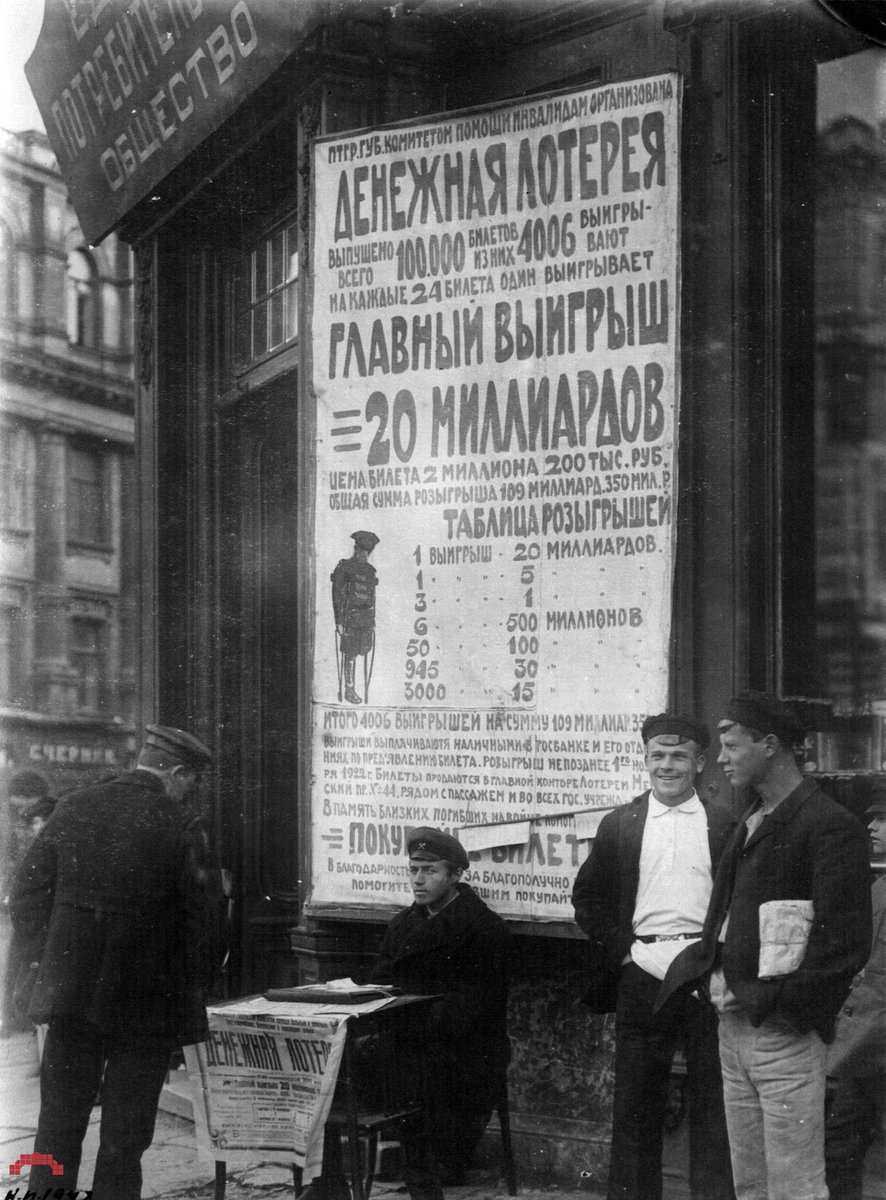


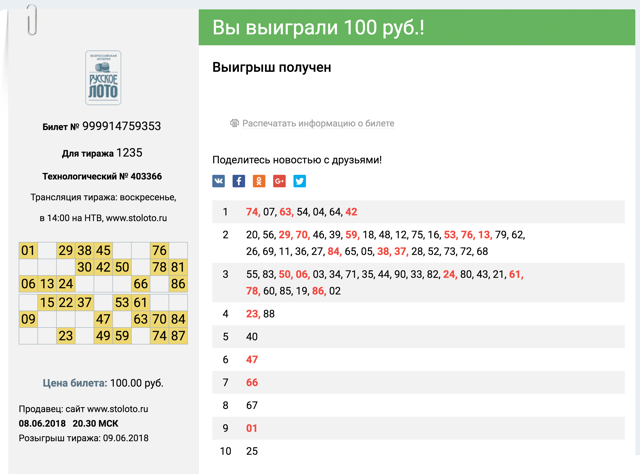


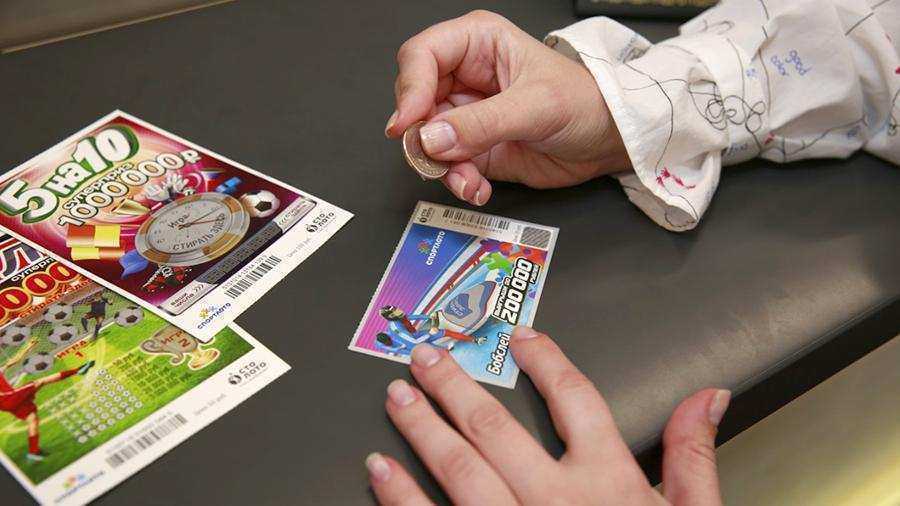

![Top 15 lotteries in russia, in which to win [without cheating]](https://ivaquest.ru/wp-content/uploads/e/f/e/efefeb34a590a7b86171d41d00d5da8e.jpg)

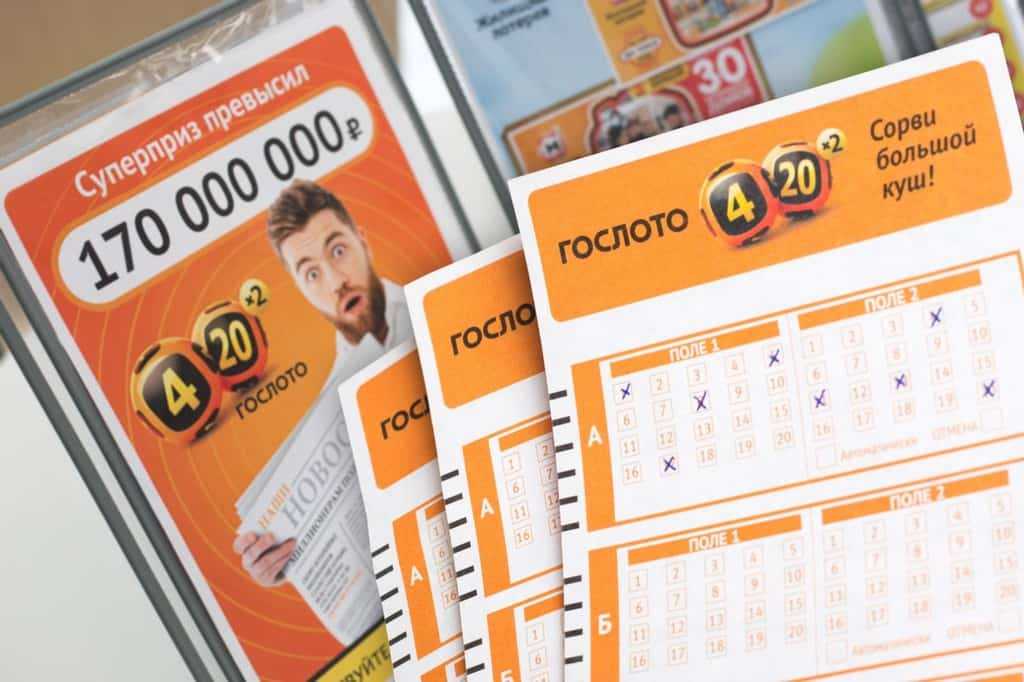

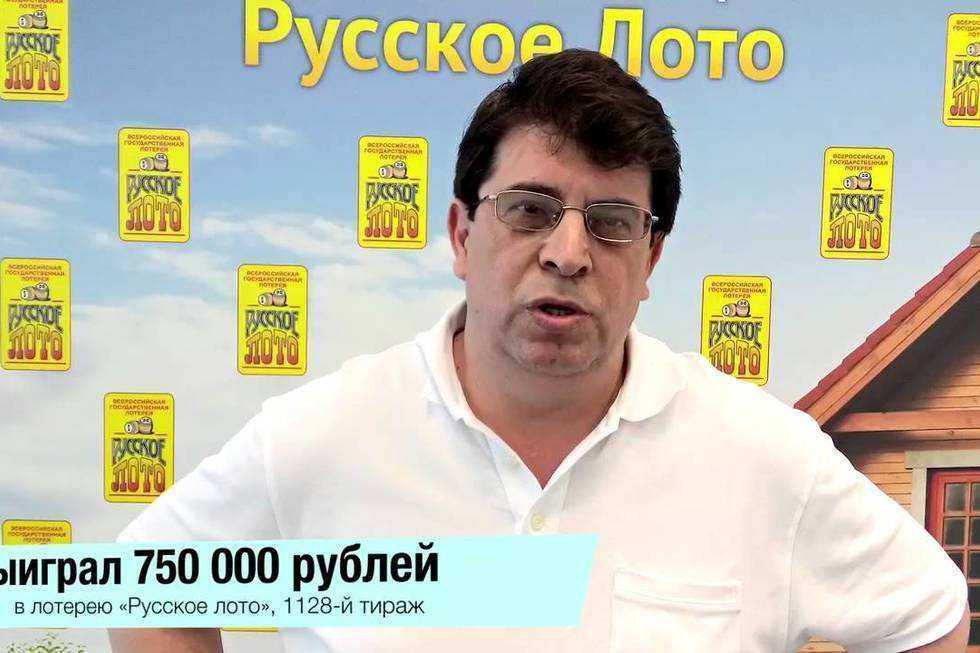

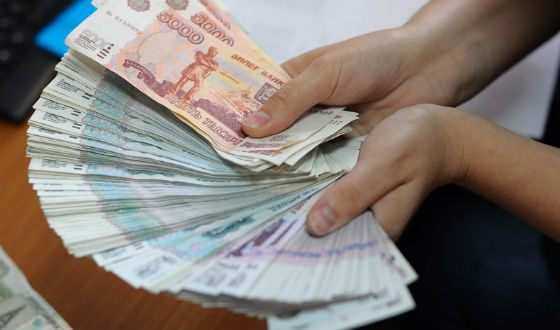


![Top 15 lotteries in russia, in which to win [without cheating]](https://ivaquest.ru/wp-content/uploads/d/5/8/d58ddddefe5c10ad5d70dd4284153dec.jpg)



